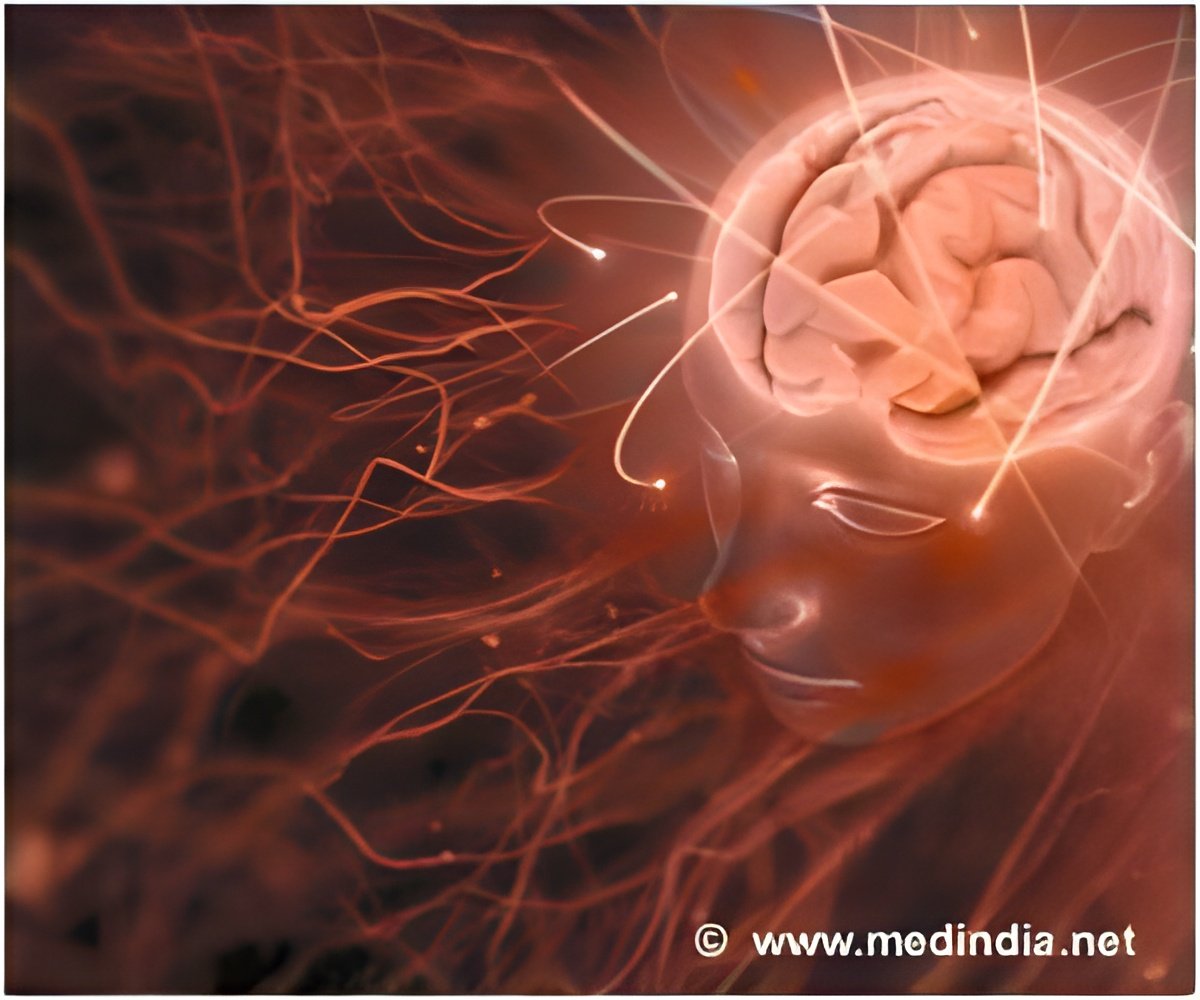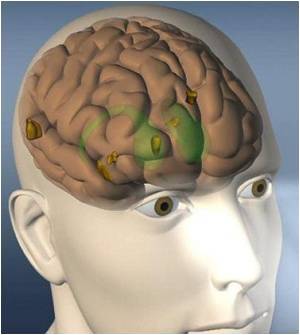
"With current techniques, we would typically have to grow pluripotent stem cell-derived cells for 60 or more years in order to model a late-onset disease," says senior study author Lorenz Studer of the Sloan-Kettering Institute for Cancer Research. "Now, with progerin-induced aging, we can accelerate this process down to a period of a few days or weeks. This should greatly simplify the study of many late-onset diseases that are of such great burden to our aging society."
Modeling a specific patient's disease in a dish is possible with iPSC approaches, which involve taking skin cells from patients and reprogramming them to embryonic-like stem cells capable of turning into other disease-relevant cell types like neurons or blood cells. But iPSC-derived cells are immature and often take months to become functional, similar to the slow development of the human embryo. As a result of this slow maturation process, iPSC-derived cells are too young to model diseases that emerge late in life.
Source-Eurekalert















